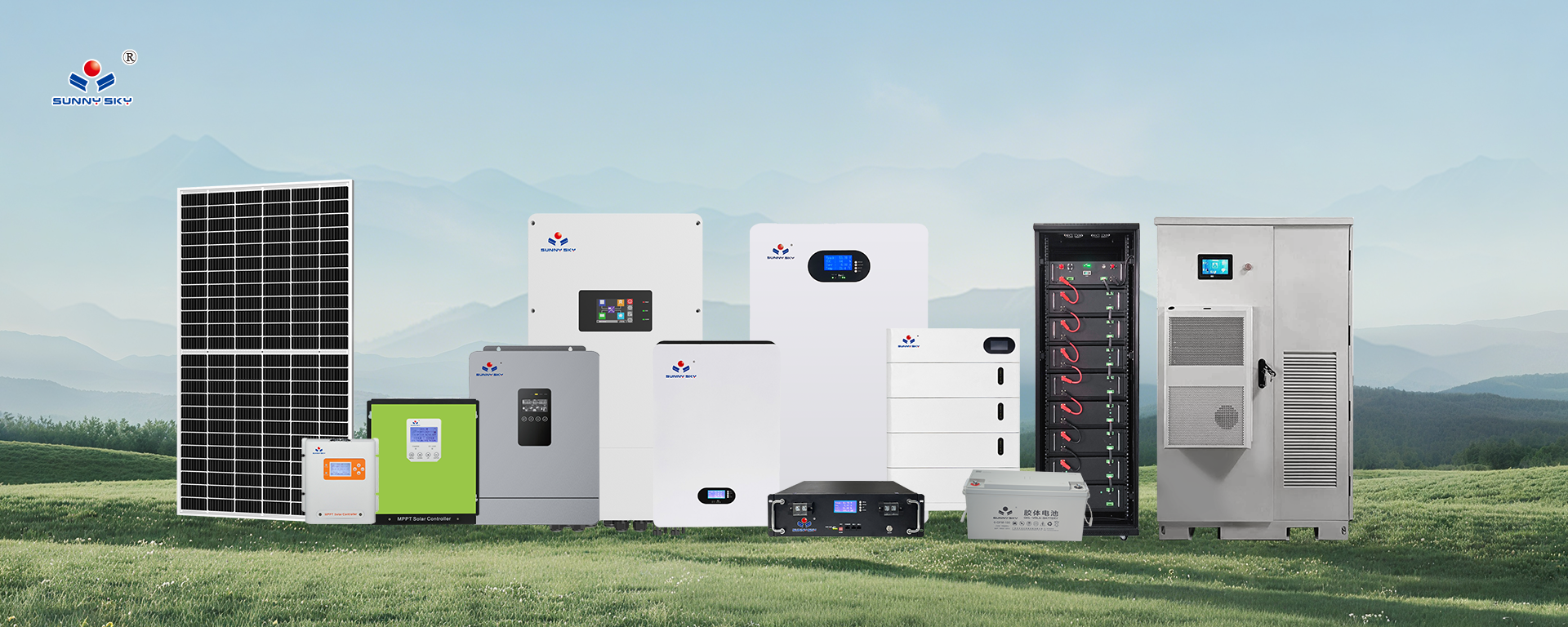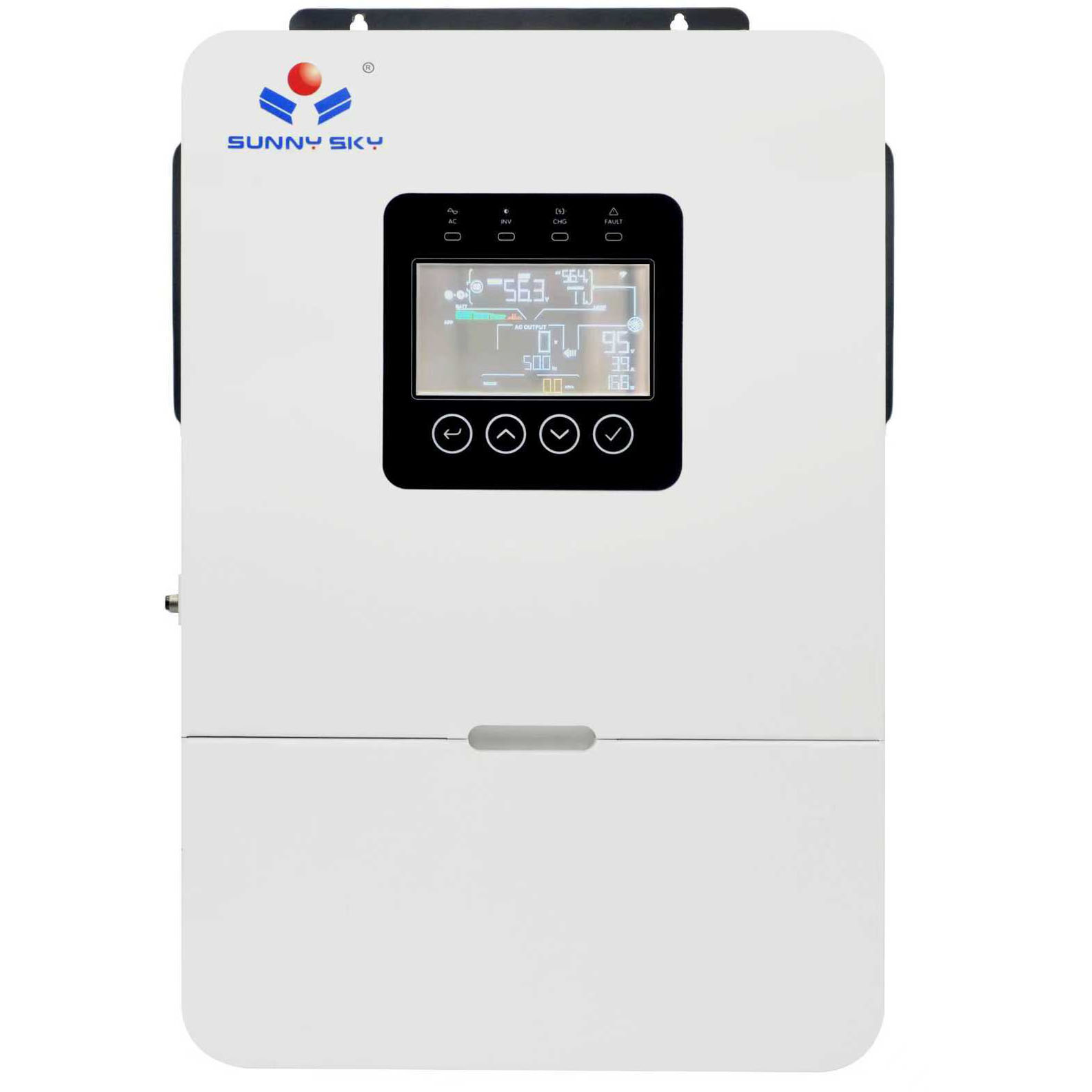The Rising Trends in Solar Energy
Solar energy is rapidly transforming the global energy landscape, offering a sustainable alternative to traditional fossil fuels. As the world grapples with climate change, solar energy is emerging as a key player in reducing greenhouse gas emissions and promoting cleaner power sources. This trend is driven by advancements in technology and increasing affordability, making it accessible for both households and businesses. Recent data shows a surge in installations, with solar energy accounting for a significant portion of new renewable capacity worldwide. By harnessing the power of the sun, we're witnessing a shift towards energy independence and environmental stewardship, as exemplified by innovative solutions like those from Tenyuan Solar.

Emerging Trends in Residential Solar Systems
Residential solar systems are at the forefront of the solar energy trend, allowing homeowners to generate their own electricity and reduce utility bills. This growth is fueled by incentives such as tax credits and falling solar power cost, which have made these systems more attractive than ever. Photovoltaic systems, which convert sunlight directly into electricity, are becoming standard in many neighborhoods, with residential solar systems enabling off-grid capabilities for remote areas. Tenyuan Solar's cutting-edge solar power system exemplifies this trend, featuring high-efficiency panels that maximize energy absorption even on cloudy days. As renewable energy solutions gain popularity, more families are adopting solar energy systems to lower their carbon footprint, with experts predicting a doubling of installations in the next decade. This not only enhances solar energy efficiency but also supports a broader move towards sustainable living, where solar battery storage plays a crucial role in storing excess power for nighttime use.
Commercial Solar Power and Its Expanding Role
Commercial solar power is another dominant trend, with businesses increasingly turning to solar energy to cut operational costs and demonstrate corporate responsibility. Large-scale photovoltaic systems are being integrated into commercial buildings, driven by the decreasing solar power cost and advancements in solar energy efficiency. For instance, off-grid solar systems are ideal for remote commercial sites, providing reliable energy without grid dependence. Tenyuan Solar's innovative project showcases how these systems can be seamlessly incorporated into business environments, blending functionality with aesthetic design. As renewable energy solutions become more sophisticated, companies are benefiting from solar battery storage to ensure uninterrupted power, further solidifying solar energy's position in the commercial sector. This trend is expected to accelerate, with projections indicating that commercial solar power will constitute a larger share of the energy market, helping organizations reduce their reliance on non-renewable sources and contribute to global sustainability goals.
The Future of Solar Energy Efficiency and Innovations
Looking ahead, solar energy efficiency is set to improve dramatically, with ongoing innovations in solar battery storage and photovoltaic systems paving the way for even greater adoption. Trends like the integration of off-grid solar systems and advanced renewable energy solutions are making solar energy more versatile, from powering homes to supporting large industrial operations. Tenyuan Solar's state-of-the-art solar power station represents this evolution, offering reduced energy costs and a significant decrease in carbon footprints through its high-efficiency panels. As solar power cost continues to decline, more individuals and businesses are exploring solar energy systems, with experts highlighting the potential for widespread energy independence. This shift not only addresses environmental concerns but also fosters economic resilience, as regions invest in solar energy to create jobs and stimulate growth. Overall, the trajectory of solar energy points towards a cleaner, more sustainable future, where trends in residential and commercial applications converge to drive meaningful change.


